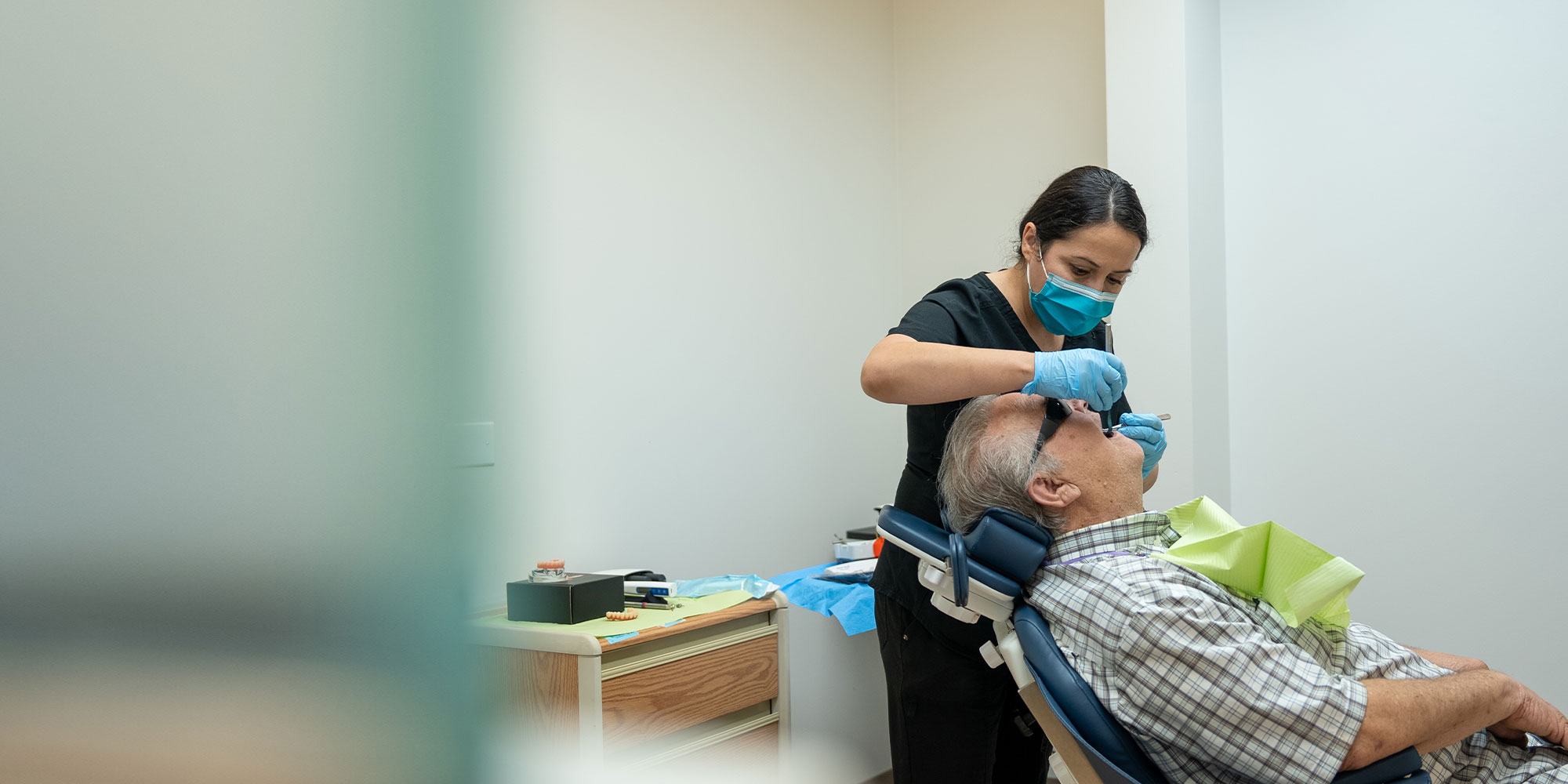
This post-operative guide supports you through the healing process and ensures everything goes as smoothly as possible. It’s normal to experience some swelling, mild discomfort, and minor bleeding after surgery—these are expected parts of the body’s natural healing response.
By carefully following the instructions below, you’ll help protect your implant, reduce the risk of complications, and set the foundation for long-term success! Your comfort and recovery are our top priorities, and we’re here for you every step of the way.